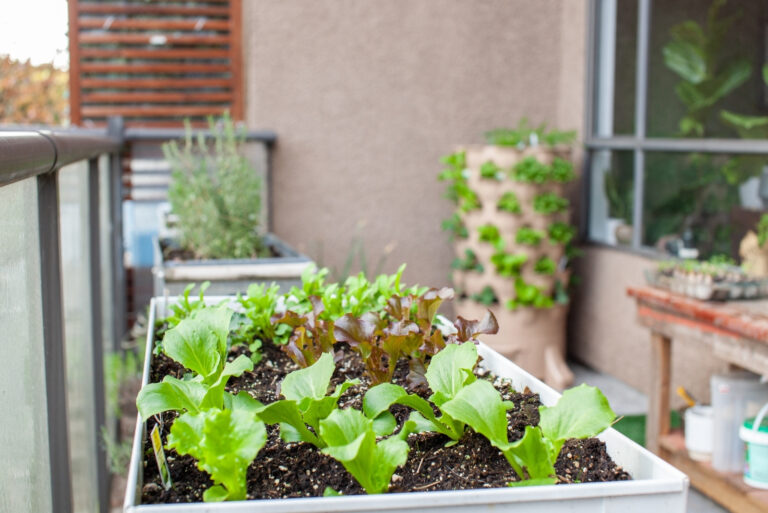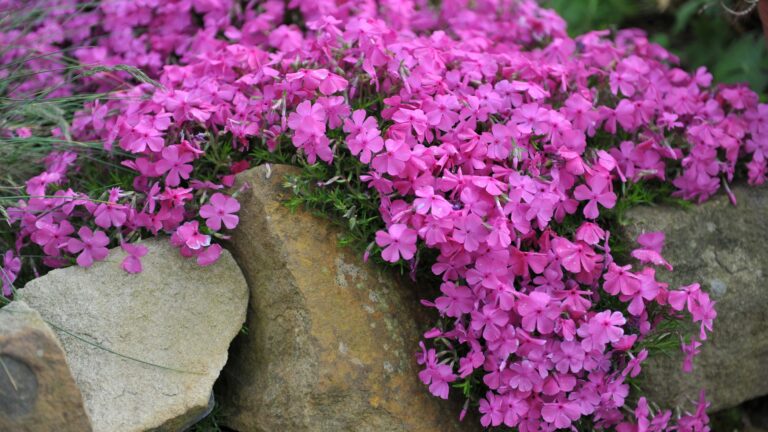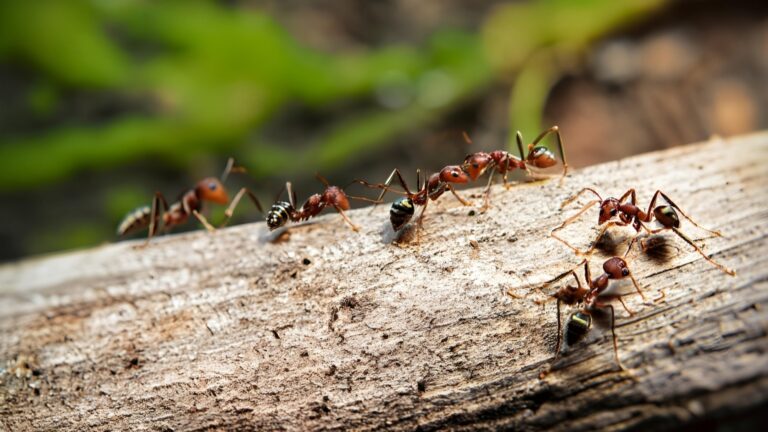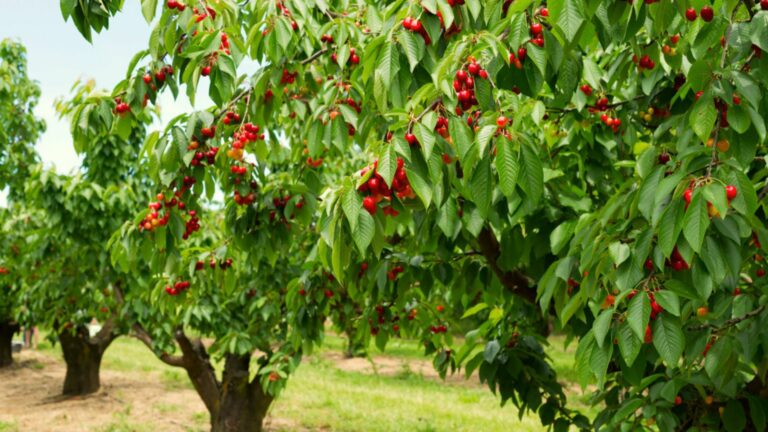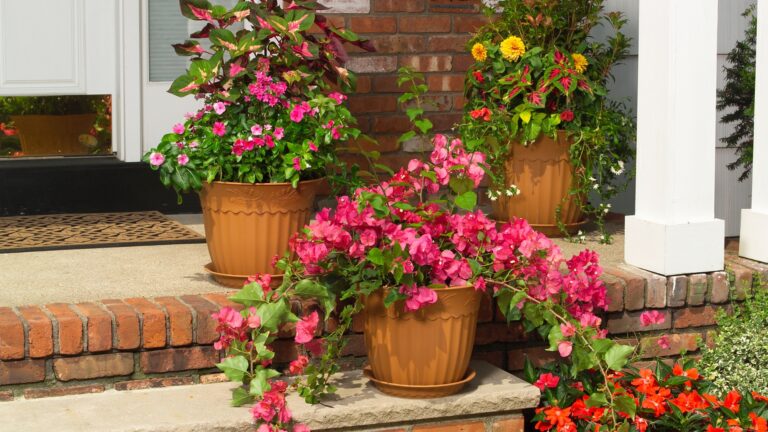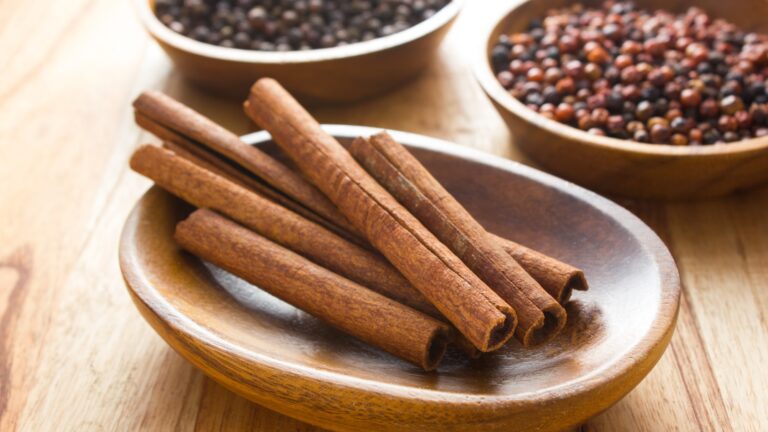25 Smart Uses For Coconut Husks In The Garden
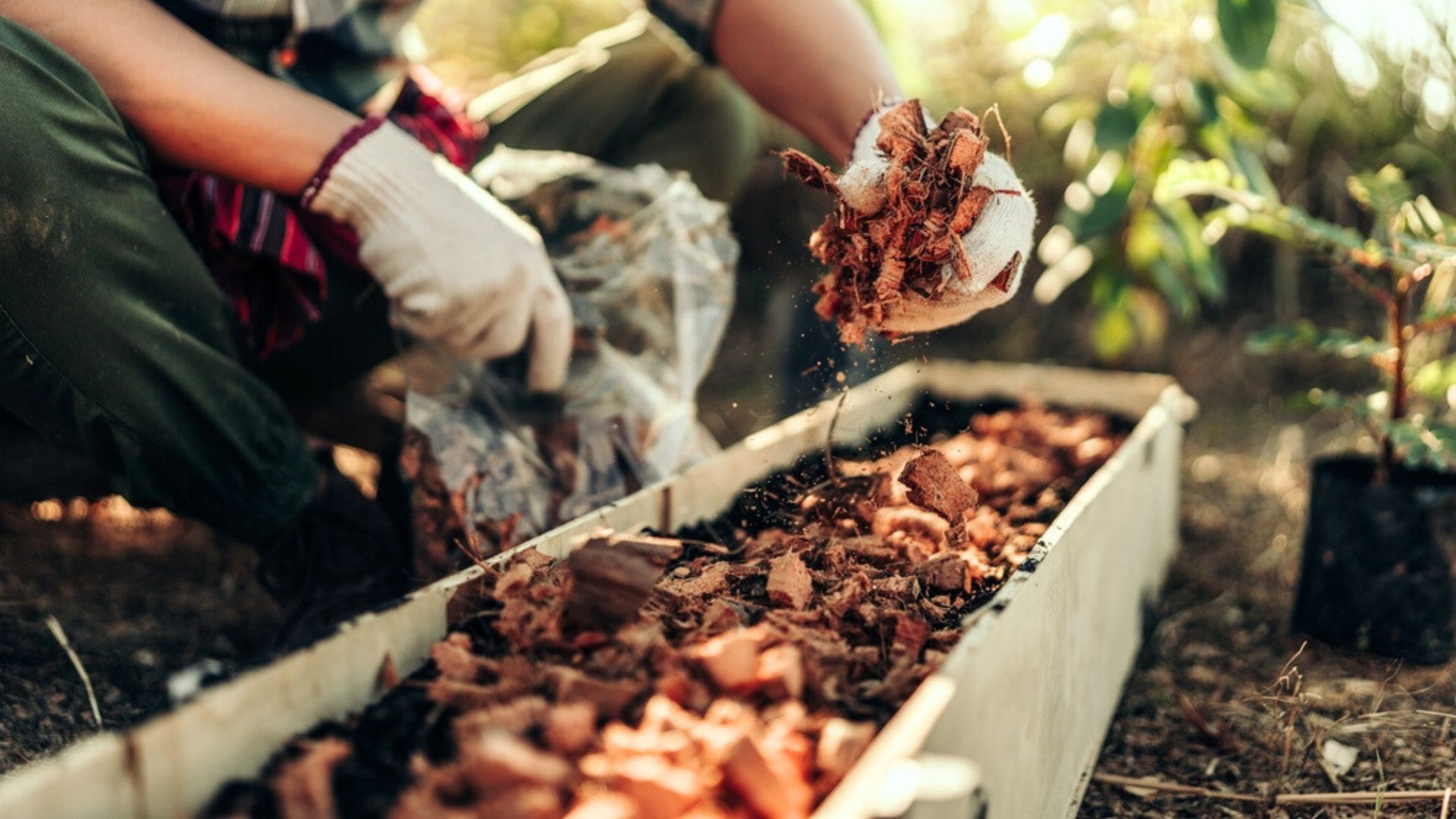
Coconut husks, often discarded as waste, are treasure troves of gardening potential.
With their fibrous texture and biodegradable nature, they offer numerous benefits for both garden aesthetics and plant health.
1. Natural Mulch
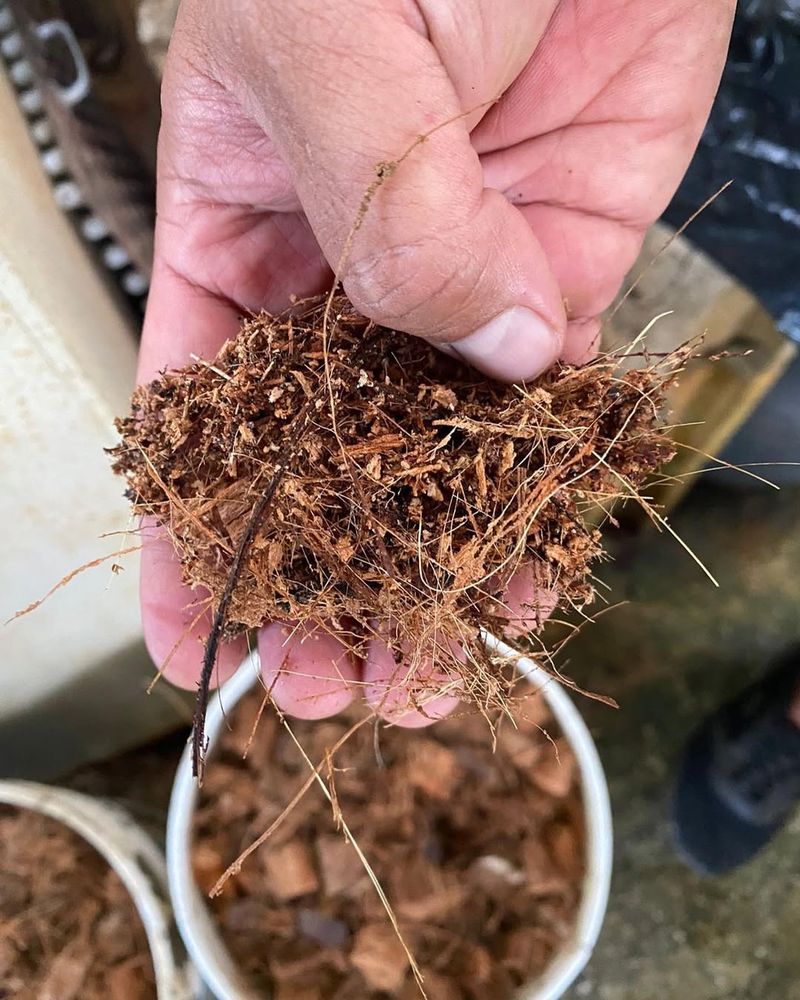
Incorporating coconut husks as mulch not only enriches your garden but adds a rustic charm. These husks, when laid over soil, help retain moisture, reducing the frequency of watering.
Coconut husks also regulate soil temperature, protecting plants from extreme conditions. It’s a simple, sustainable option that cuts down on waste while giving your plants a boost.
2. Seed Starting Containers
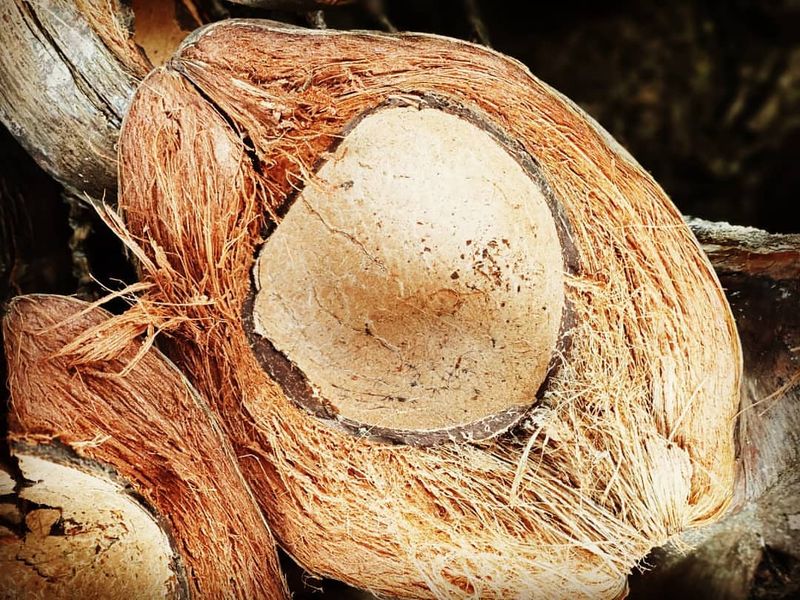
Starting seeds in coconut husks is an eco-friendly way to kickstart your gardening season. The husks provide a nurturing environment for seeds to germinate, supporting healthy root development.
Once the seedlings are ready, they can be transplanted directly into the soil with the husk, minimizing transplant shock. This biodegradable solution simplifies the process and supports sustainable gardening practices.
3. Compost Booster
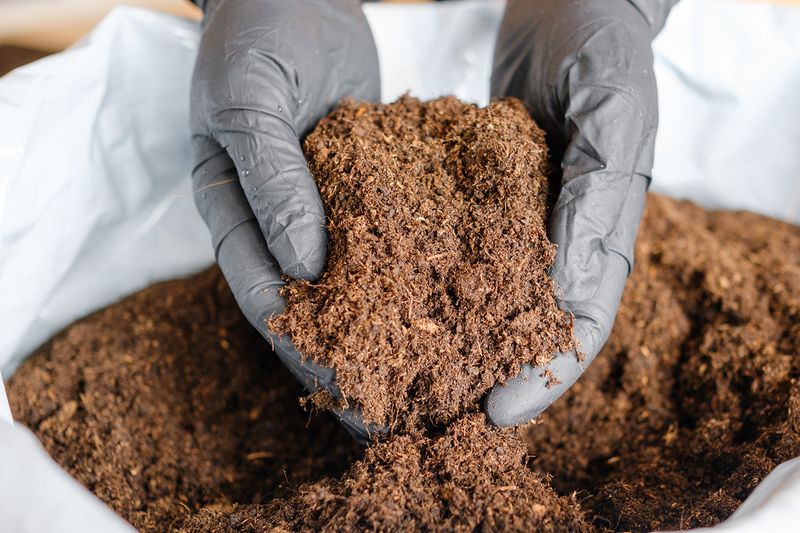
Enhance your compost pile with coconut husks, which offer a rich source of carbon. As they break down, husks contribute to a balanced compost mix, improving soil quality.
Gardeners find this addition particularly helpful for achieving the right compost texture. It’s an easy way to repurpose husk waste while nurturing your garden’s soil.
4. Orchid Potting Medium
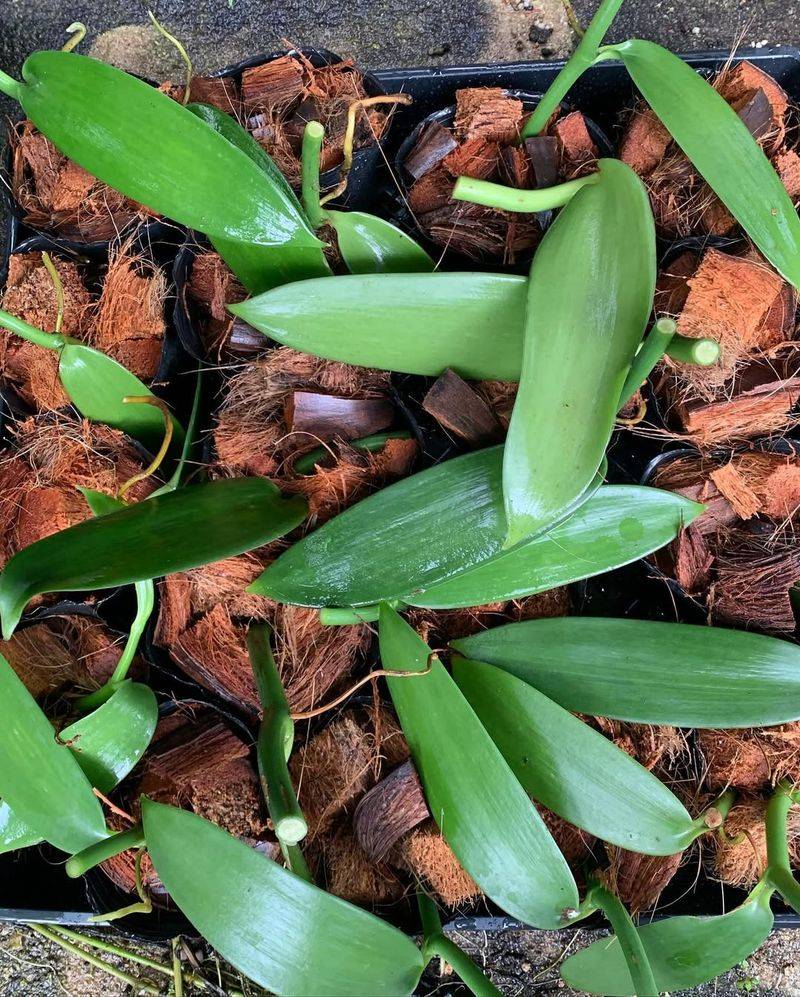
For orchid enthusiasts, coconut husks serve as an excellent potting medium. The husks allow for ideal aeration and moisture retention, crucial for orchid health.
Their fibrous nature supports root development, making them a favorite among orchid growers. This natural option enhances plant vitality while maintaining a clean and beautiful display.
5. Hydroponic Growth Medium
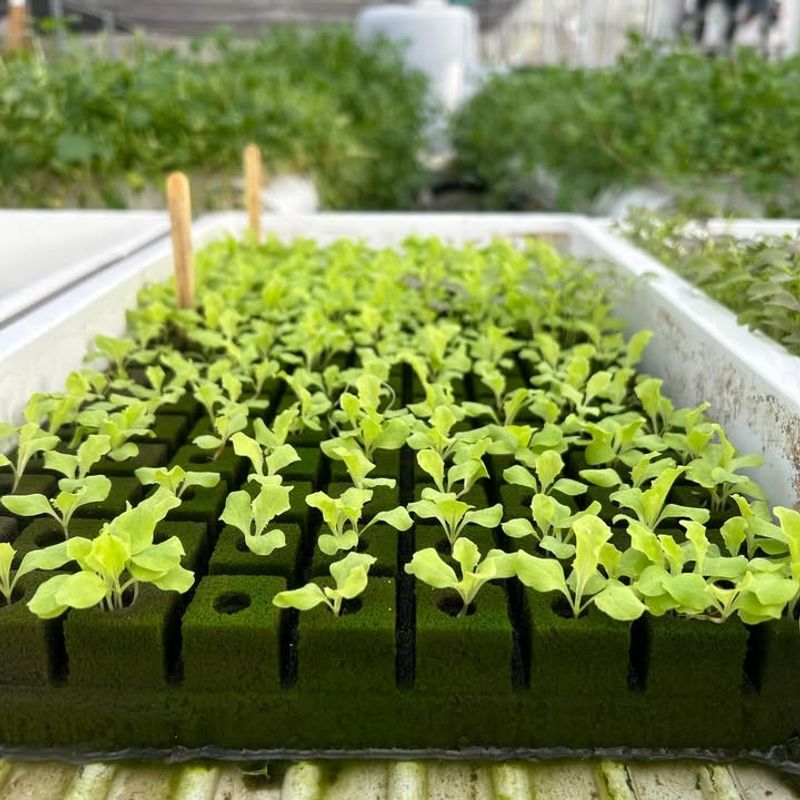
Coconut husks are making waves in the hydroponic world as an effective growth medium. Their ability to retain moisture while allowing aeration makes them ideal for hydroponic systems.
Gardeners appreciate how husks support root health and nutrient uptake. This versatile medium is perfect for those looking to modernize their gardening techniques.
6. Erosion Control
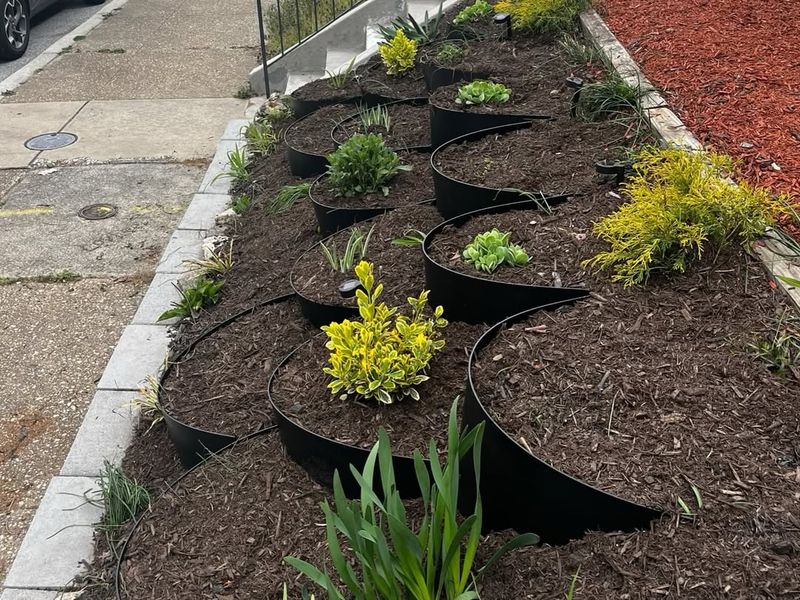
Tackle erosion issues by utilizing coconut husks on slopes and hillsides. Their fibrous structure helps hold soil in place, preventing erosion and promoting plant growth.
Gardeners find them invaluable for maintaining landscape integrity after heavy rains. A sustainable solution that enhances both garden health and appearance.
7. Plant Support Structures
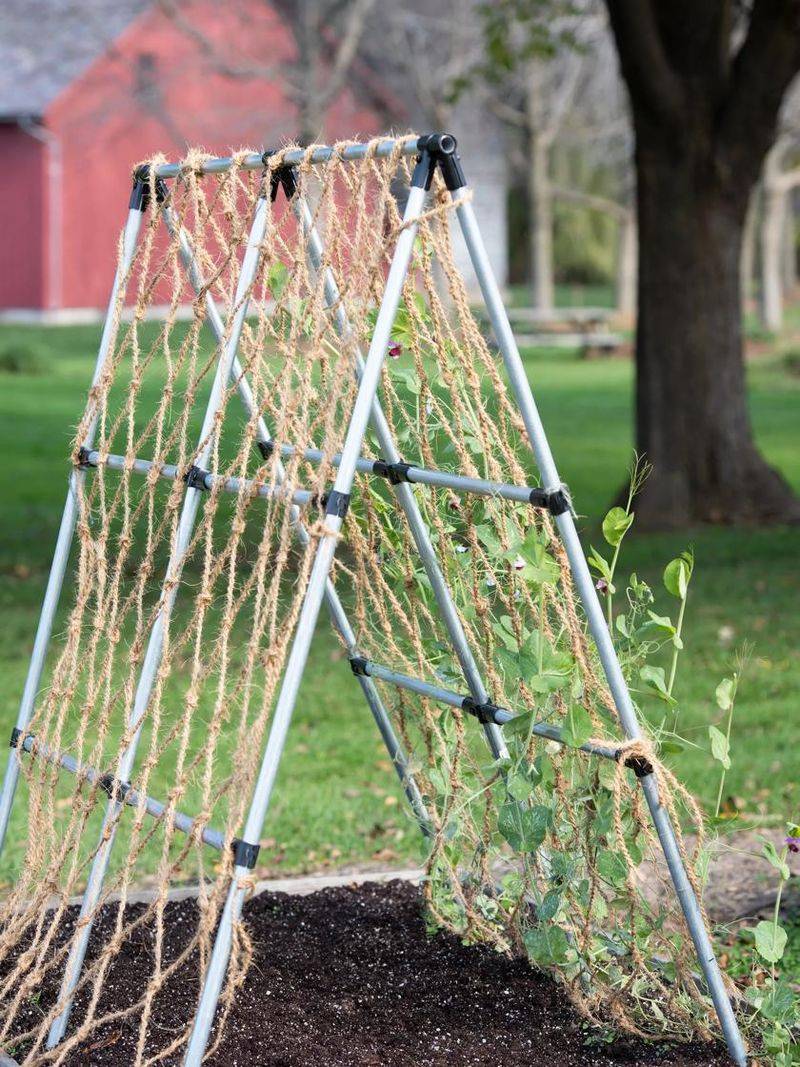
Crafting plant support structures from coconut husks offers both functionality and creativity. These supports aid climbing plants like peas and beans, providing stability as they grow.
Gardeners appreciate the biodegradable nature, which adds to their garden’s eco-friendly appeal. It’s a fun way to use husks while supporting robust plant growth.
8. Wildlife Habitats
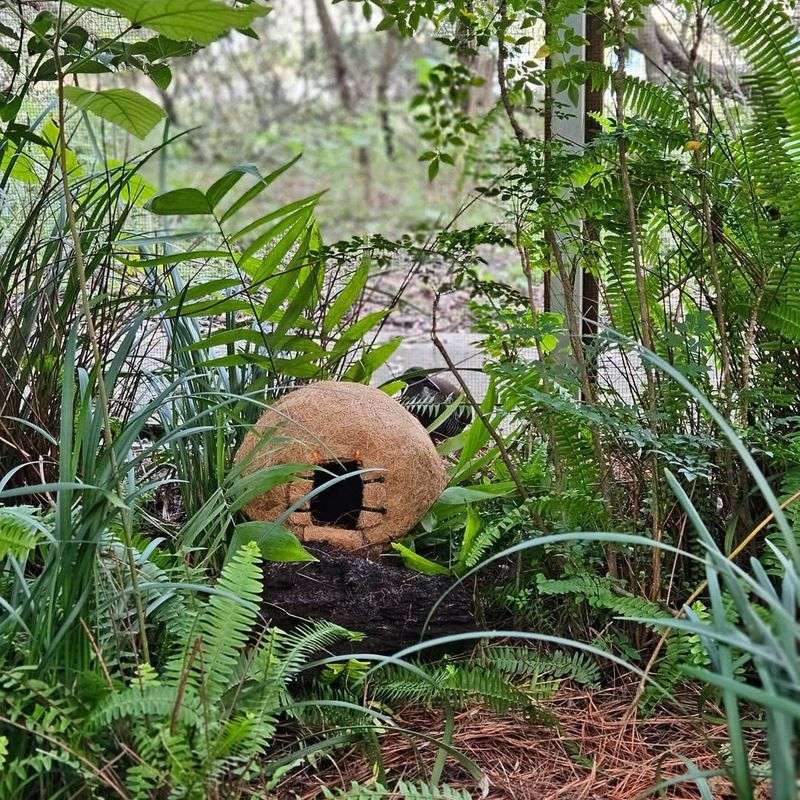
Invite wildlife to your garden by creating habitats with coconut husks. These natural shelters provide a cozy retreat for insects and small animals.
Gardeners often notice increased biodiversity with these additions, supporting a healthy ecosystem. Encouraging wildlife not only beautifies your garden but enhances its resilience.
9. Pathway Enhancements
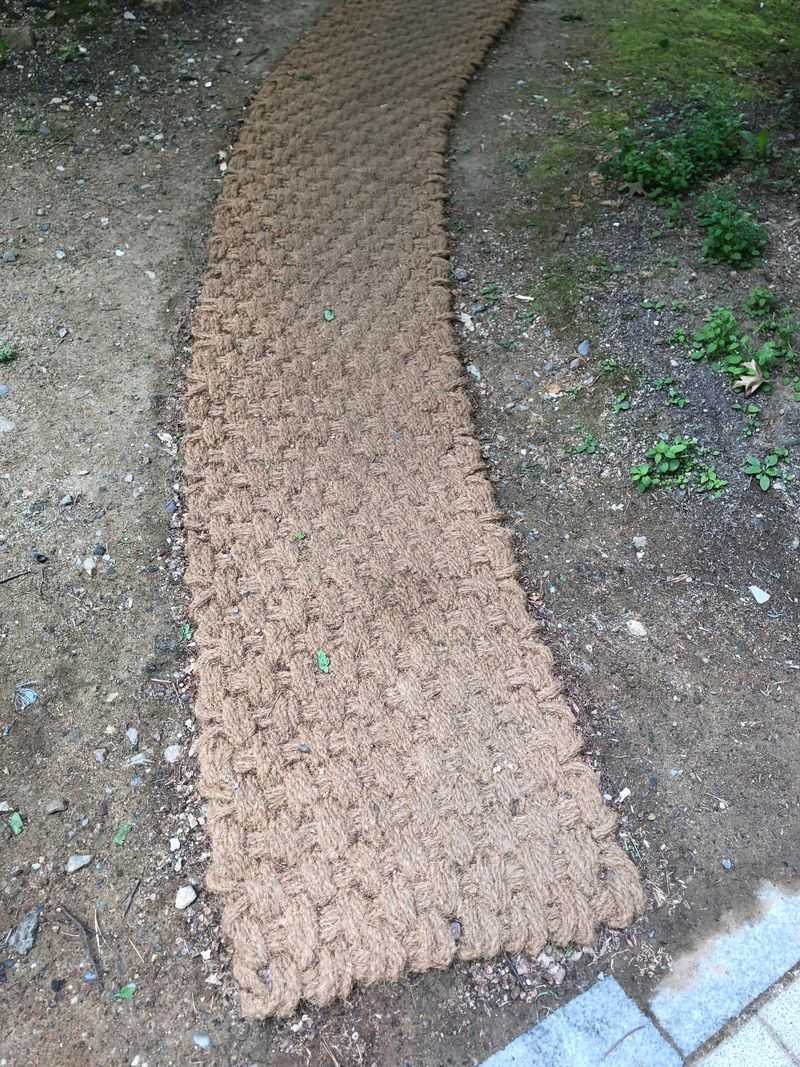
Enhancing garden paths with coconut husks adds a unique visual appeal. These fibers create a rustic texture, making paths more inviting and naturally beautiful.
Gardeners find this use particularly effective for blending pathways with the natural environment. Practical and charming, it’s a delightful way to utilize coconut byproducts.
10. Horticultural Charcoal
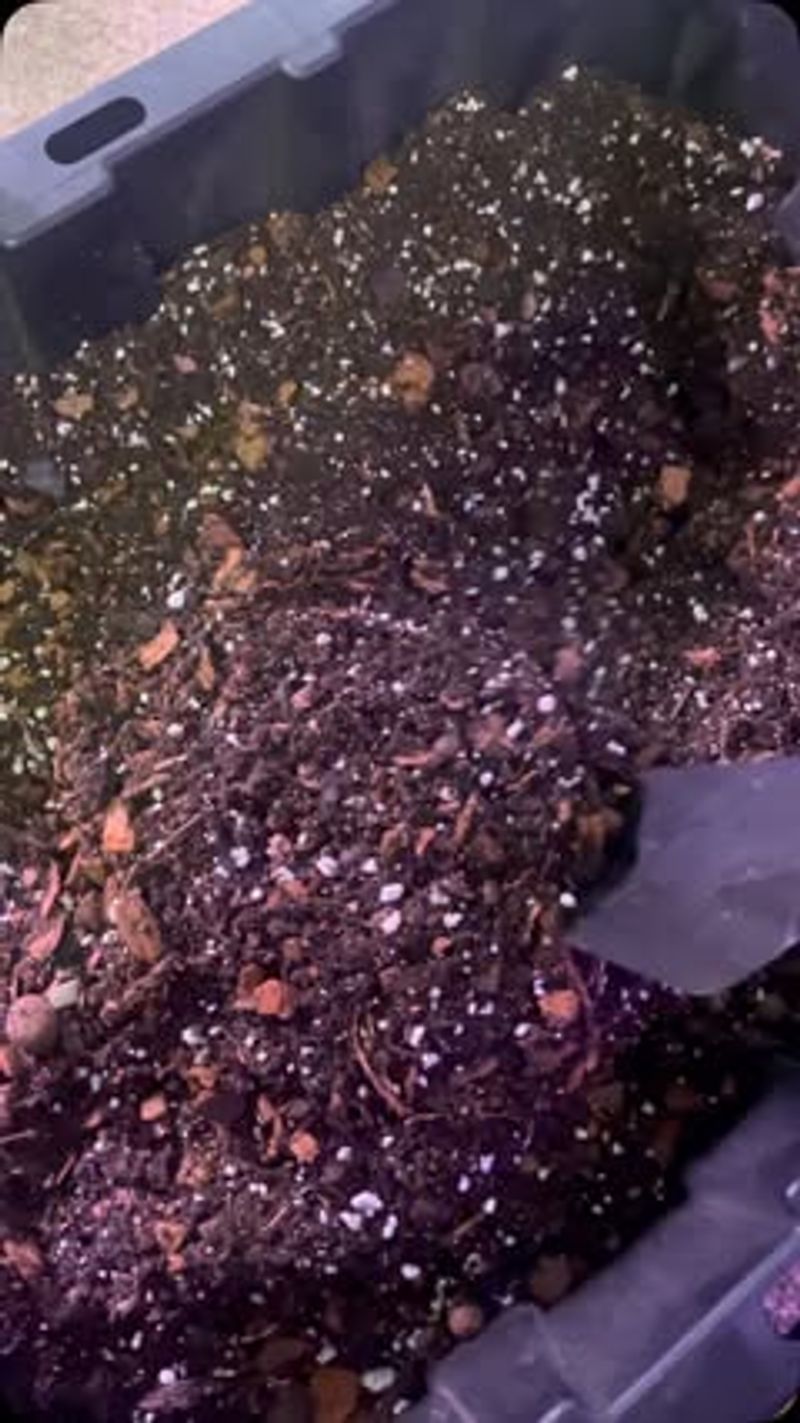
Turn coconut husks into horticultural charcoal for enriching your garden soil. This charcoal enhances soil aeration and acts as a natural filter, improving plant health.
Gardeners value its ability to balance soil pH and boost microbial activity. A practical and eco-friendly use that transforms waste into a valuable resource.
11. Decorative Garden Features
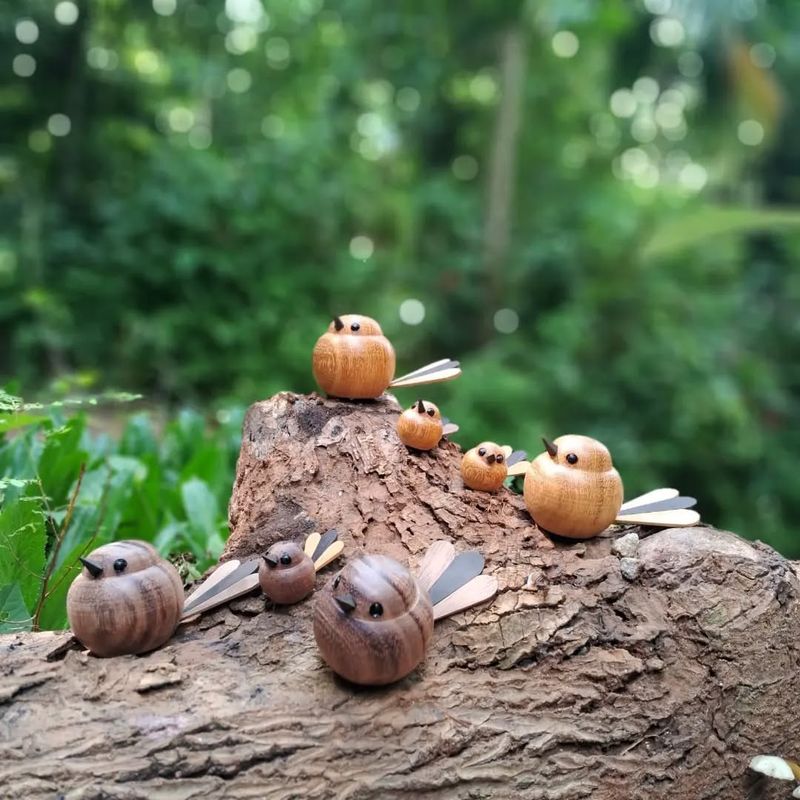
Transform coconut husks into stunning decorative features for your garden. These carved pieces add artistic flair and personalized touches to outdoor spaces.
Gardeners enjoy the creativity involved and the sustainable nature of using natural materials. It’s a wonderful way to blend art with gardening, all while repurposing waste.
12. Soil Amendment
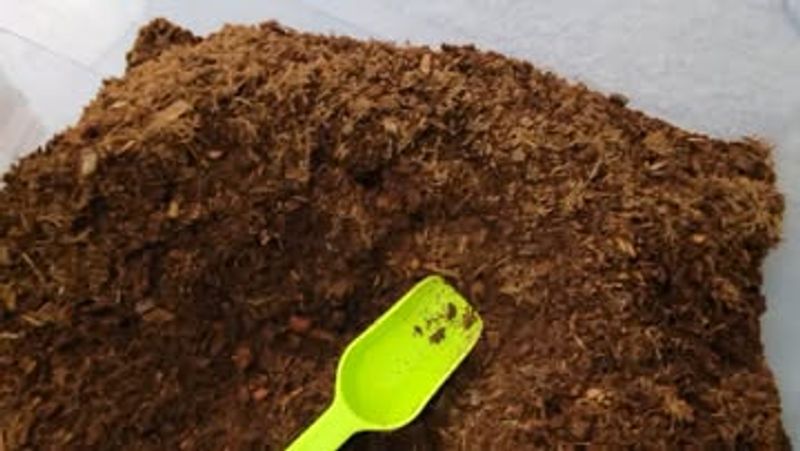
Improve your garden soil by incorporating coconut husks as an amendment. Husk fibers enhance soil structure, promoting better drainage and aeration.
Gardeners see noticeable improvements in plant growth and soil health with consistent use. An effective method to boost your garden’s vitality while recycling organic waste.
13. Hanging Basket Liners
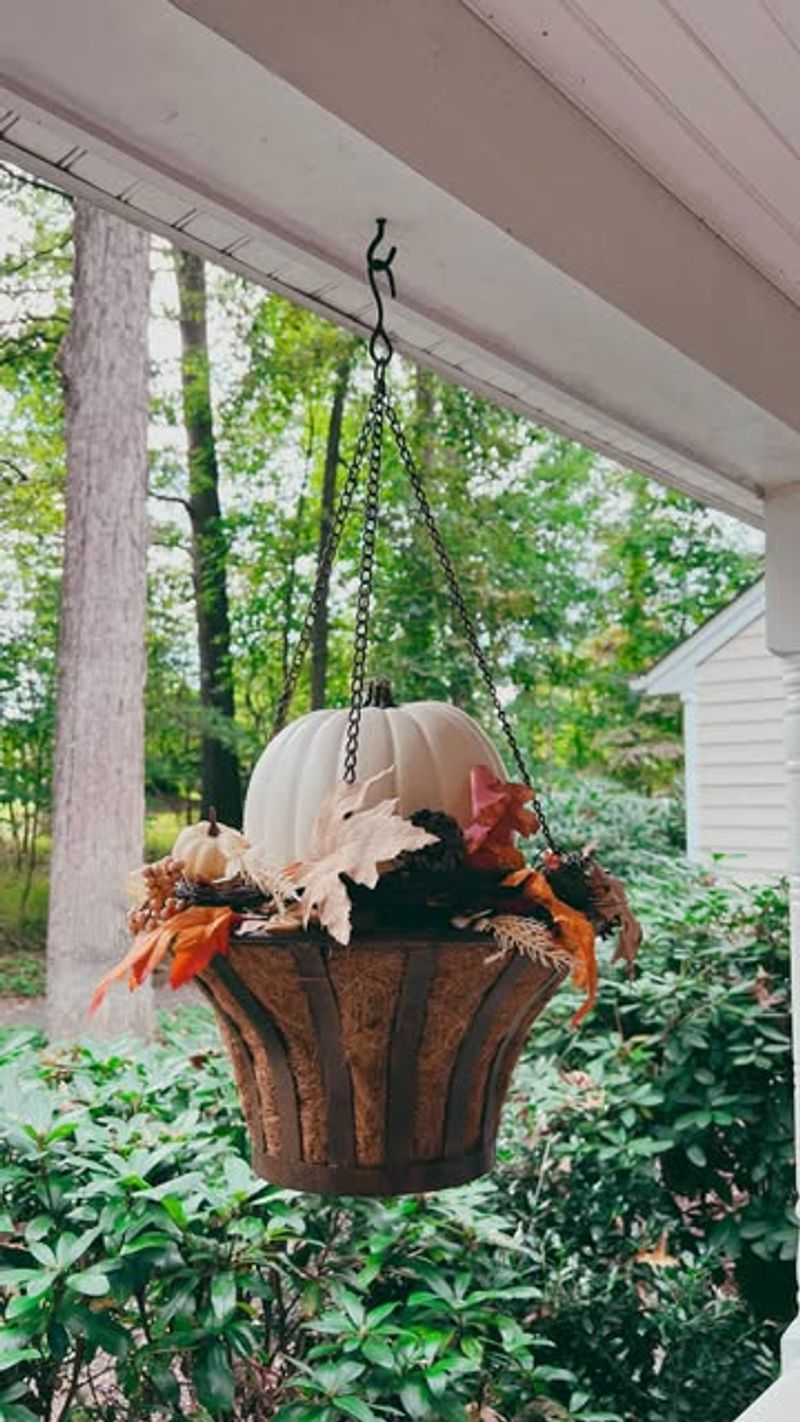
Line your hanging baskets with coconut husks for a natural touch. These liners retain moisture and support root growth, keeping your plants healthy and vibrant.
Gardeners love how they seamlessly blend with the natural aesthetic of the garden. A charming and eco-friendly way to elevate your garden’s vertical appeal.
14. Organic Pest Deterrent
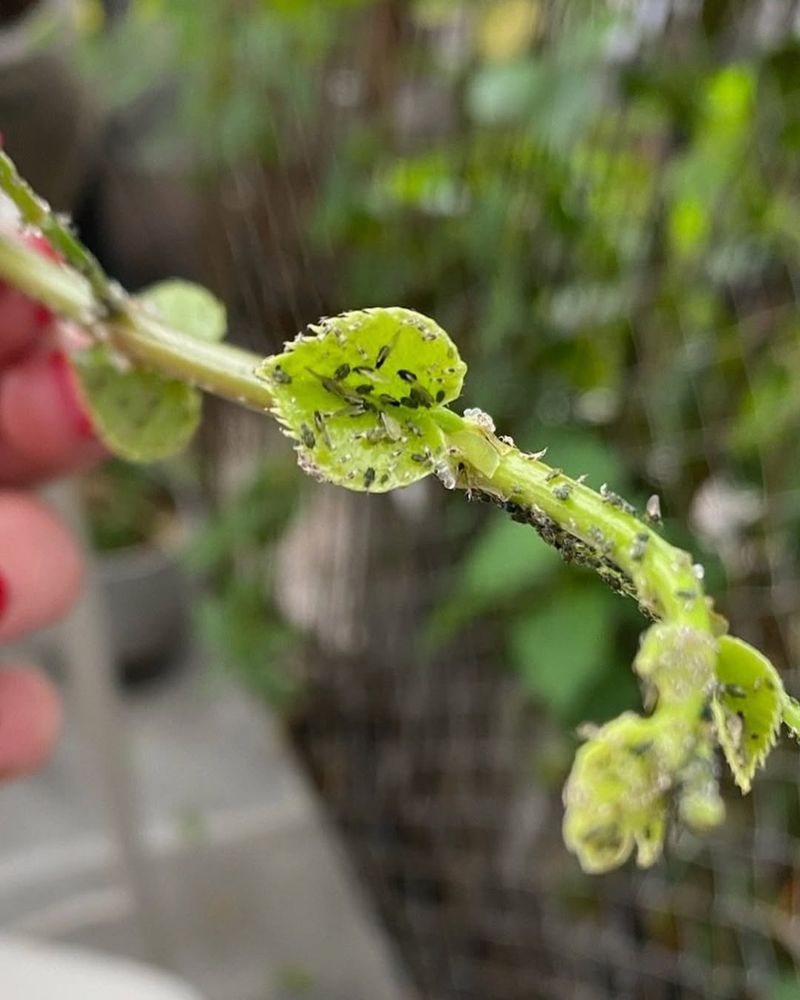
Ward off pests naturally with coconut husks spread around your garden beds. The texture and scent of the husks act as a deterrent to many garden pests.
Gardeners appreciate this chemical-free solution for protecting their plants. It’s a sustainable method that keeps gardens thriving and pest-free.
15. Aeration Enhancer
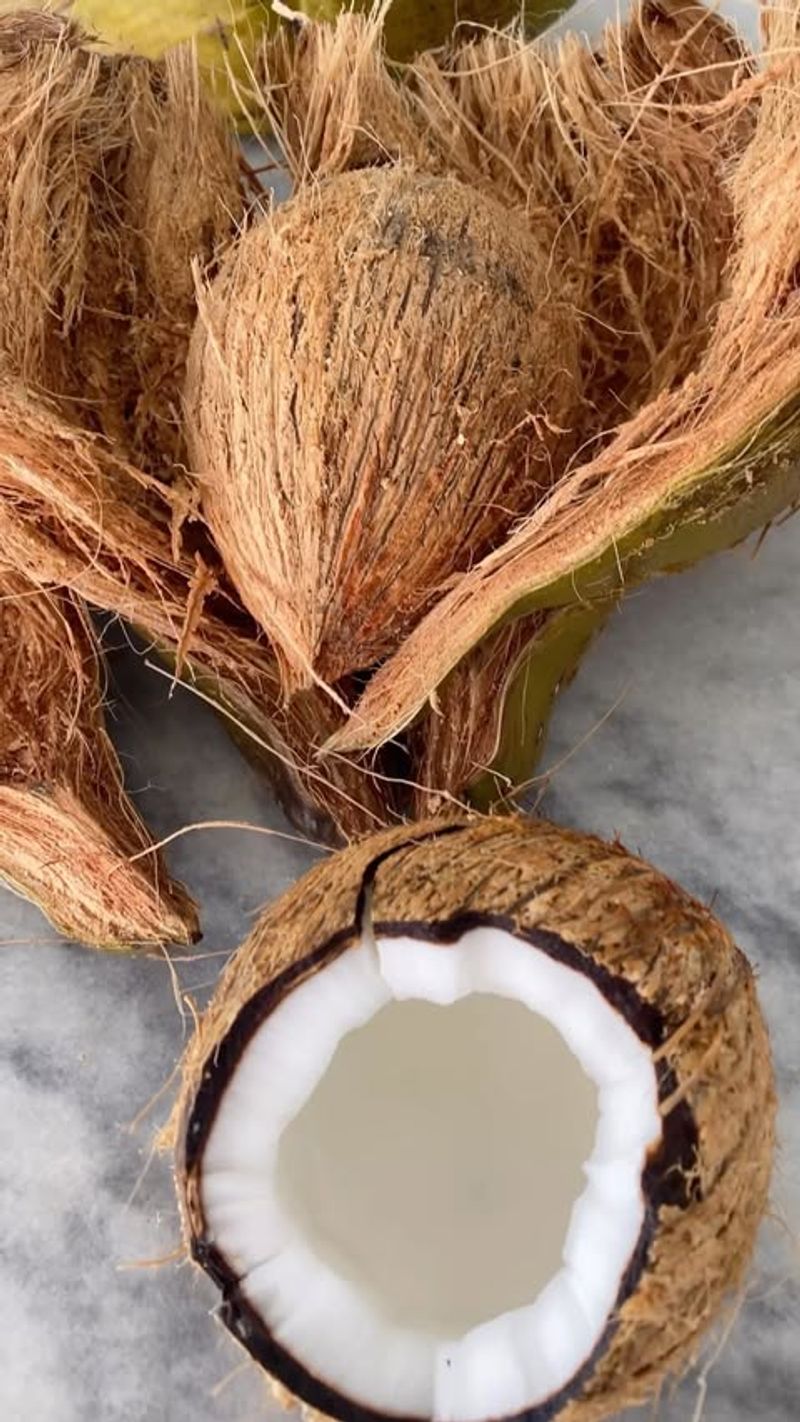
Boost soil aeration by mixing in coconut husks. These fibers create pockets of air, promoting root health and nutrient absorption.
Gardeners notice improved growth and vitality in their plants with regular use. An easy and effective way to enhance soil quality while utilizing natural materials.
16. Bird Nesting Materials
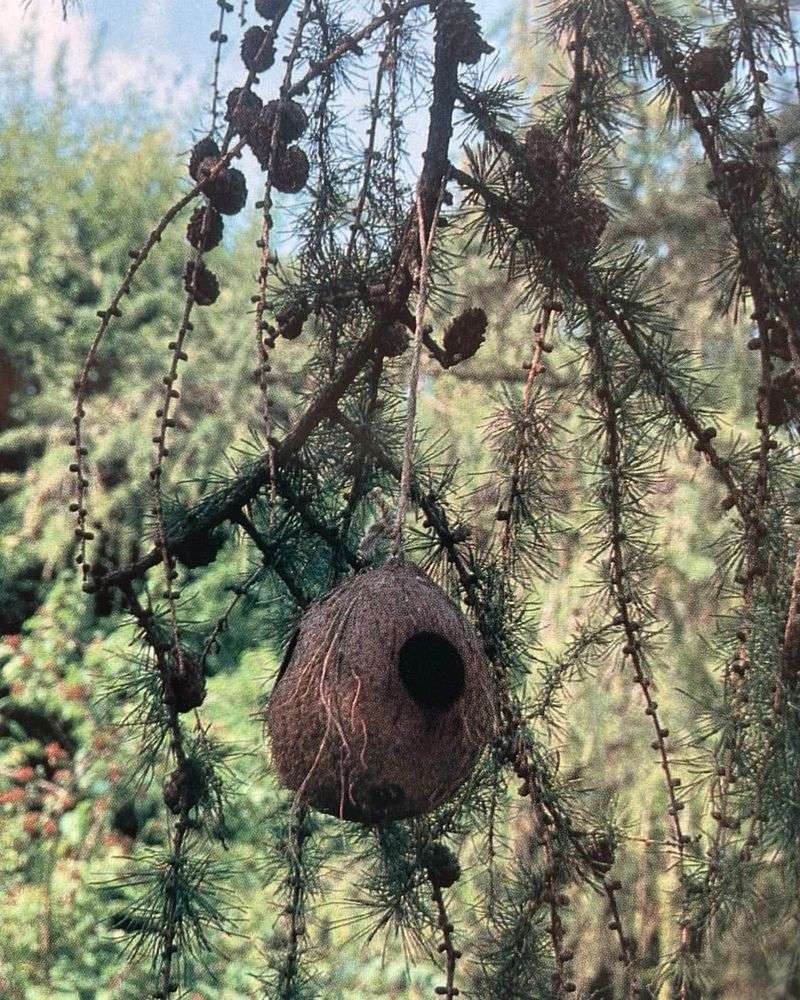
Encourage birds to nest in your garden by providing coconut husk fibers. These materials are ideal for birds crafting cozy, secure nests.
Gardeners often observe increased bird activity and diversity with this simple gesture. Supporting local wildlife adds charm and life to any garden setting.
17. Natural Water Filters
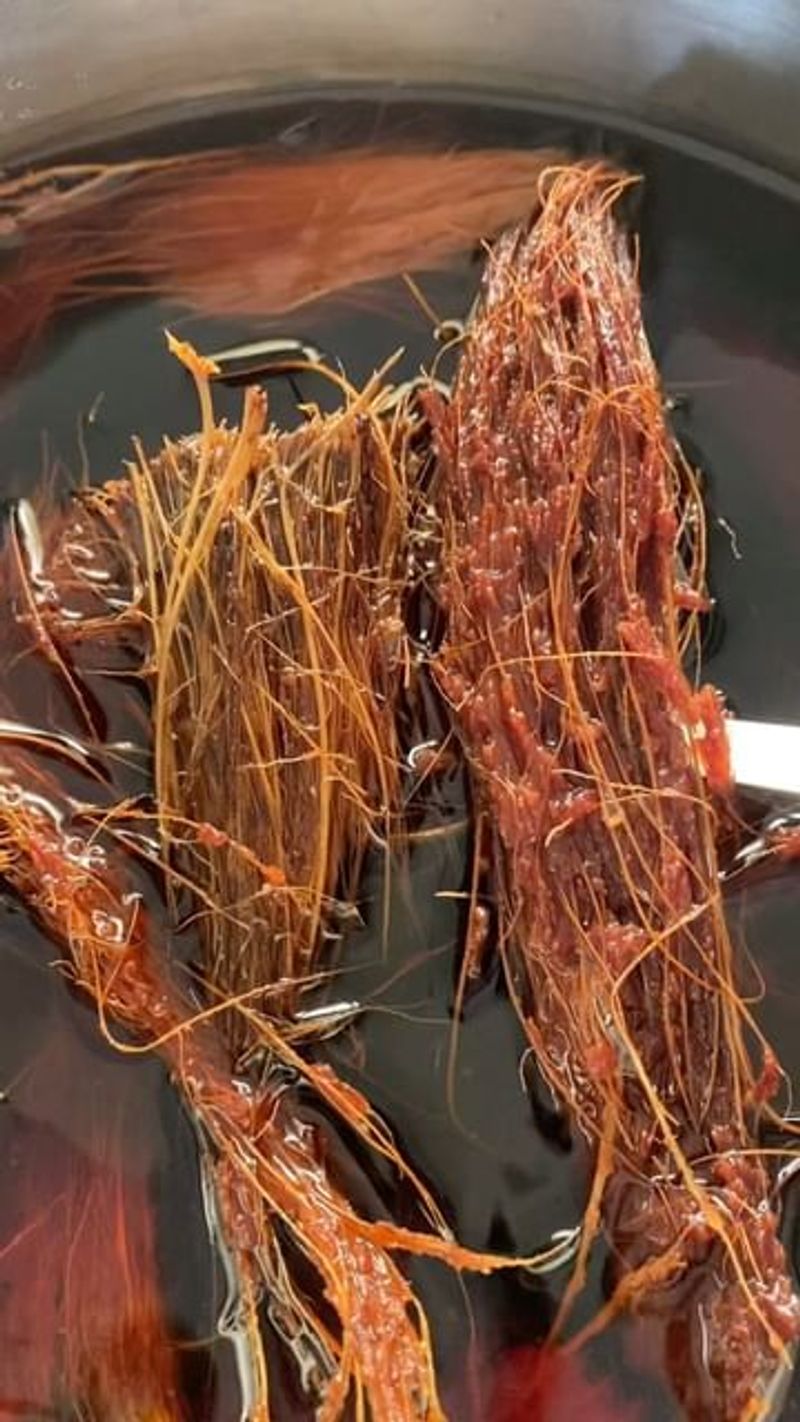
Use coconut husks to create natural water filters for garden ponds. These filters help maintain clear water by trapping impurities and promoting a healthy ecosystem.
Gardeners appreciate the husks’ efficiency and eco-friendly nature. It’s a perfect blend of technology and natural solutions for maintaining water quality.
18. Vertical Garden Supports
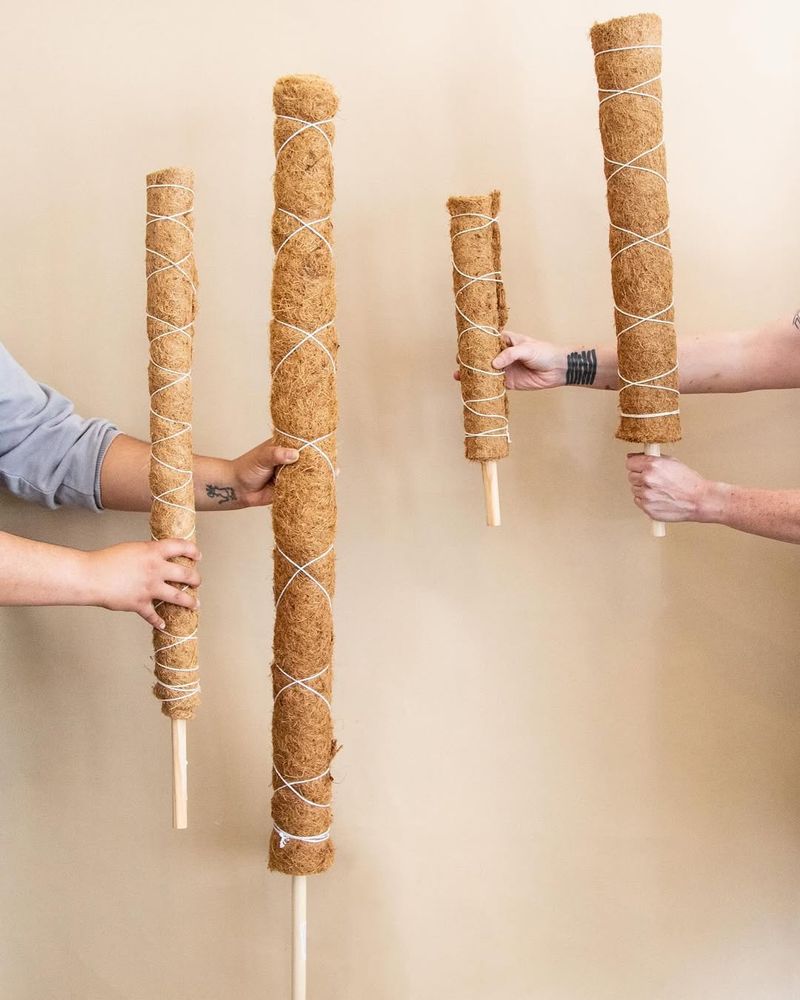
Support your vertical garden with structures made from coconut husks. These supports allow for creative design and efficient use of space in any garden.
Gardeners find them particularly useful for maximizing small areas and enhancing visual appeal. A sustainable choice that encourages vertical growth and adds dimension to your garden space.
19. Natural Fertilizer
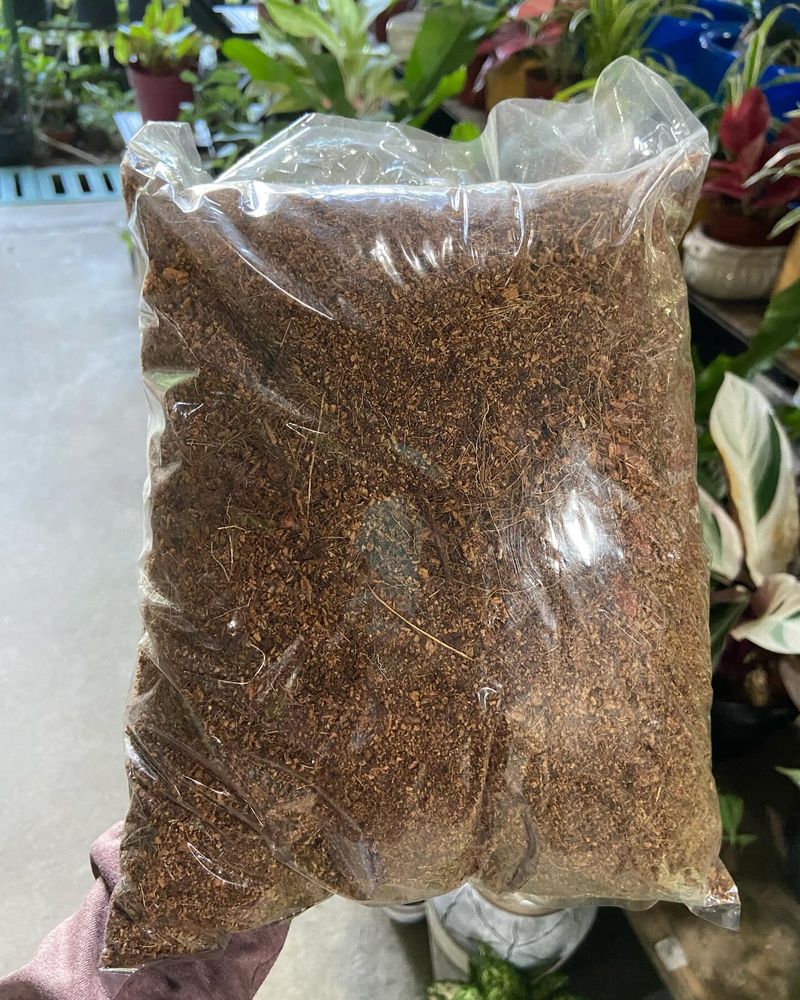
Enhance your garden’s fertility with natural fertilizers derived from coconut husks. These fertilizers enrich the soil with vital nutrients, promoting healthy plant growth.
Gardeners appreciate the organic approach that reduces chemical use while improving yield. A simple way to recycle husks into a valuable resource for your garden.
20. Pet-Friendly Play Areas

Create pet-friendly play areas in your garden using coconut husks. Their soft texture is gentle on paws, making playtime comfortable and safe.
Pet owners love the natural, non-toxic nature of husks, ensuring a worry-free environment. A delightful way to repurpose husks while providing joy to your furry friends.
21. Root Growth Stimulant
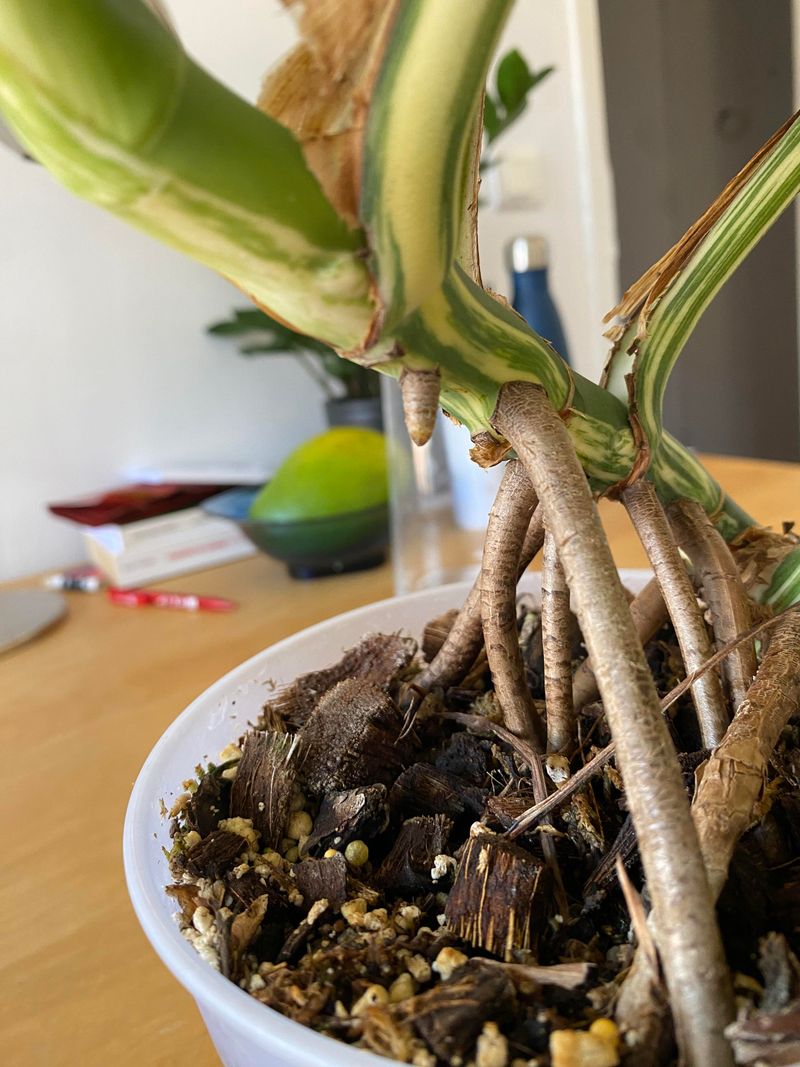
Promote robust root growth with coconut husk-based stimulants. These natural enhancers support strong root systems, leading to healthier, more resilient plants.
Gardeners notice significant improvements in plant stability and productivity. It’s a proactive approach to plant care that turns coconut waste into a garden asset.
22. Natural Shade Structures

Design natural shade structures using coconut husks to protect delicate plants. These structures filter sunlight, creating a cooler, more controlled environment.
Gardeners find them essential for managing light-sensitive plants and reducing heat stress. A creative use of husks that enhances garden comfort and functionality.
23. Eco-Friendly Pathway Fillers
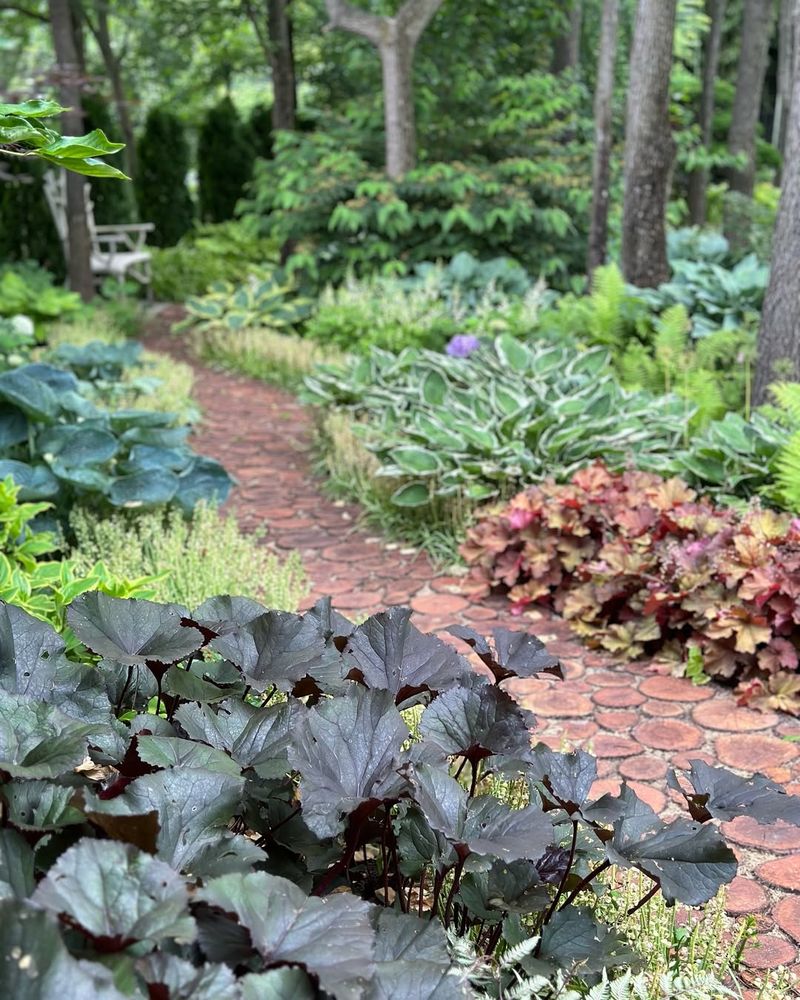
Fill in garden pathways with coconut husk material for an eco-friendly finish. The husks provide a soft, natural surface that complements garden aesthetics.
Gardeners enjoy the ease of installation and the sustainable aspect of this choice. A practical way to merge functionality with environmental consciousness in garden design.
24. DIY Garden Crafts
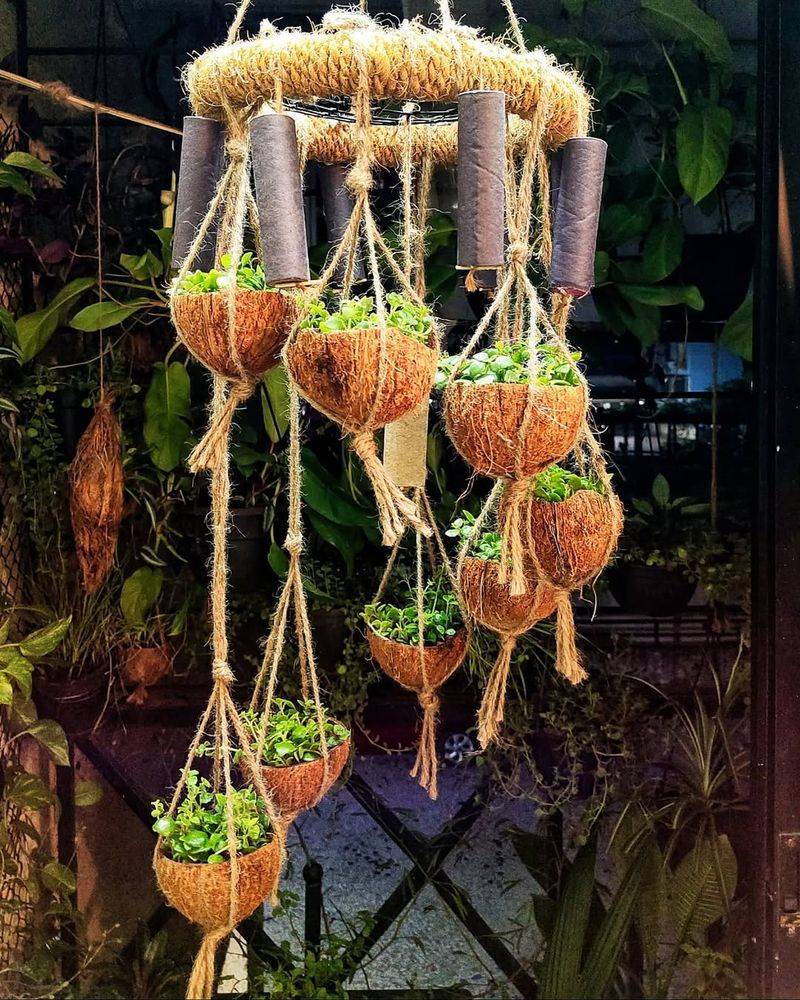
Unleash your creativity with DIY garden crafts made from coconut husks. From plant markers to decorative sculptures, the possibilities are endless.
Gardeners love the personal touch these crafts bring to their spaces, showcasing individuality. A fun and engaging way to repurpose coconut waste into artistic expressions for your garden.

